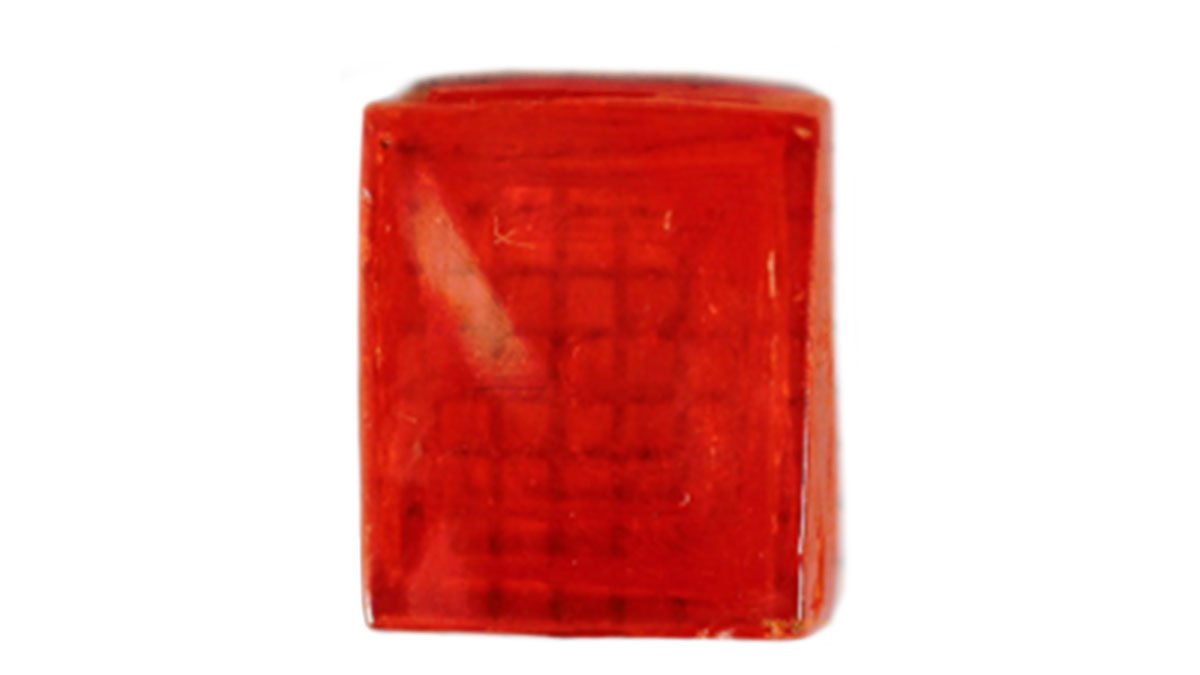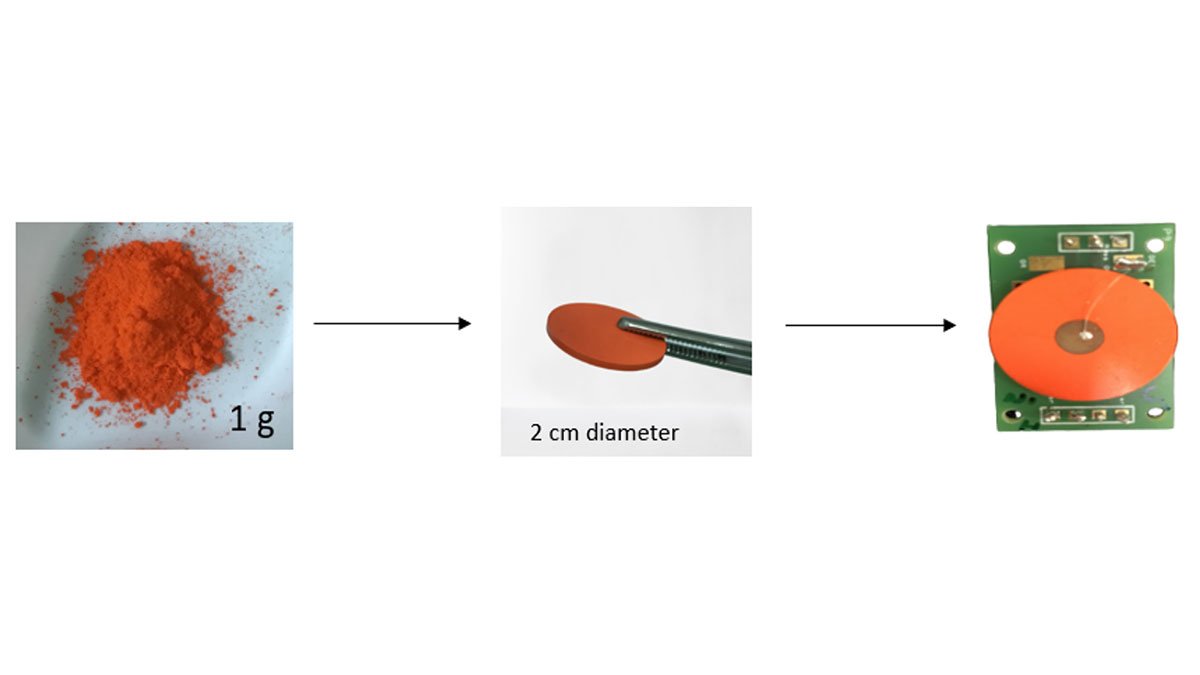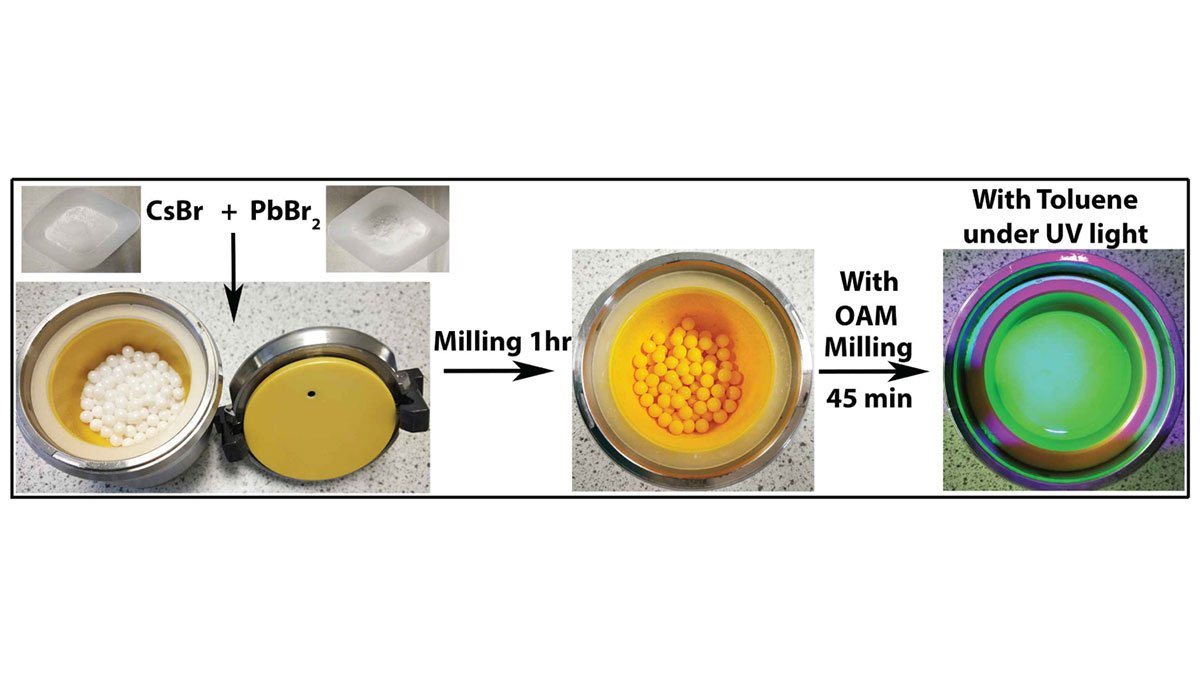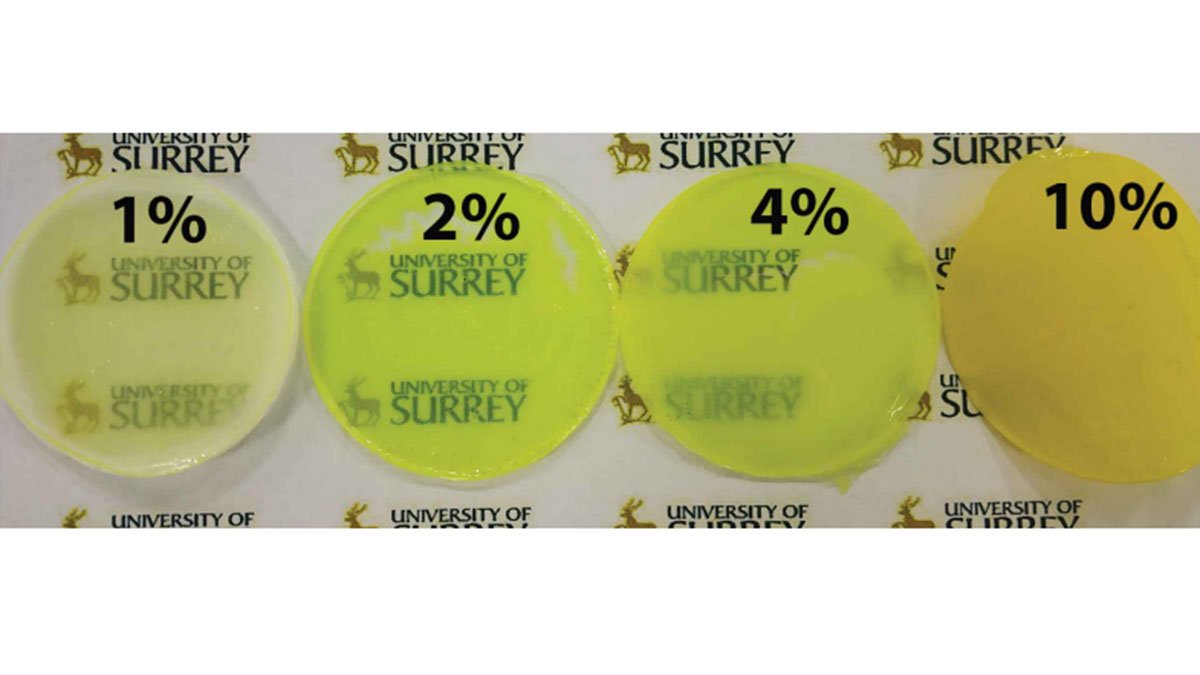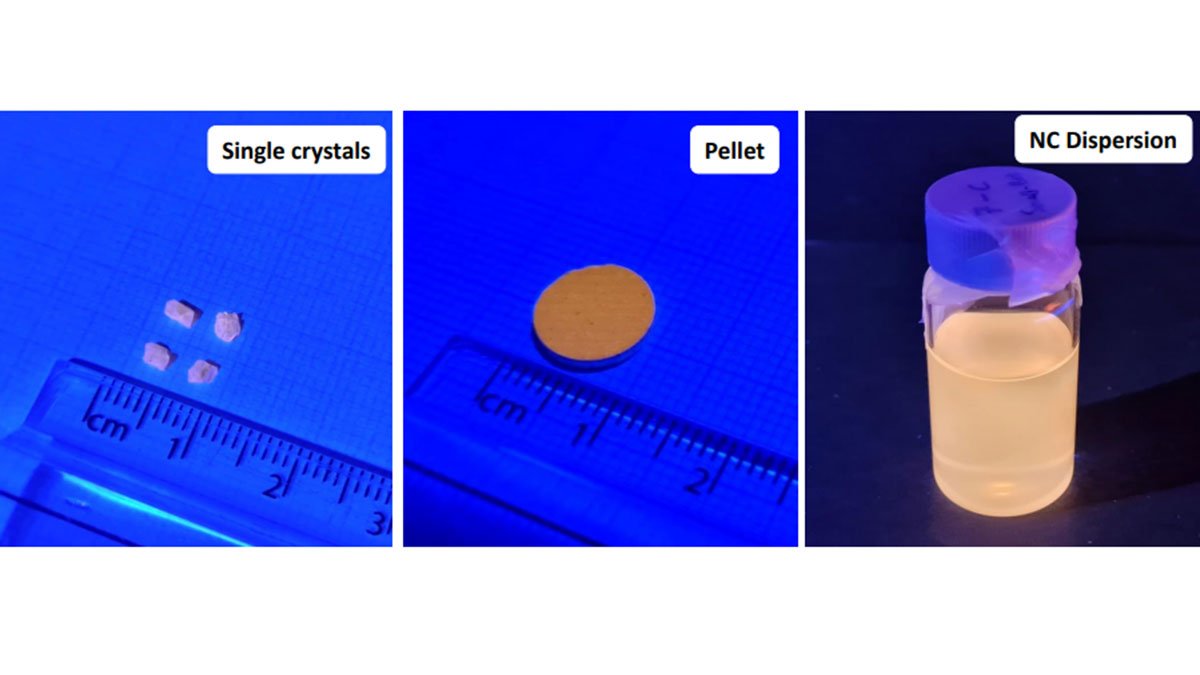
Perovskite radiation detectors
Professor Paul Sellin leads a research team working on perovskite materials for radiation detection applications. We study the fundamental electrical and optical properties of perovskite materials and their interaction with radiation, and we assess their performance as radiation detectors in application areas such as medical imaging, environmental monitoring, and nuclear security.
Overview
Organic and inorganic perovskites are widely used in applications such as solar cells and LED lighting. Perovskites have exciting potential for radiation detection as they have a high sensitivity for X-ray and gamma ray detection both as semiconductors and scintillators.
Perovskite semiconductor detectors
Our group studies a range of perovskite materials for use as semiconductor radiation detectors, including lead halide single crystals for gamma spectroscopy, sintered polycrystalline perovskite devices for X-ray imaging, and high stability 2D perovskites.
Perovskite scintillators
Perovskites offer a very high light yield under ionising radiation, which combined with a large Stoke’s shift has great potential as high sensitivity scintillator detectors. Our group as developed nanocomposite scintillators based on perovskite nanoparticles, and also high sensitivity ‘white light’ scintillators based on ‘lead free’ double perovskite materials.
Get in contact
If you would like to find out more about research or want to get involved then please contact Professor Paul Sellin.
